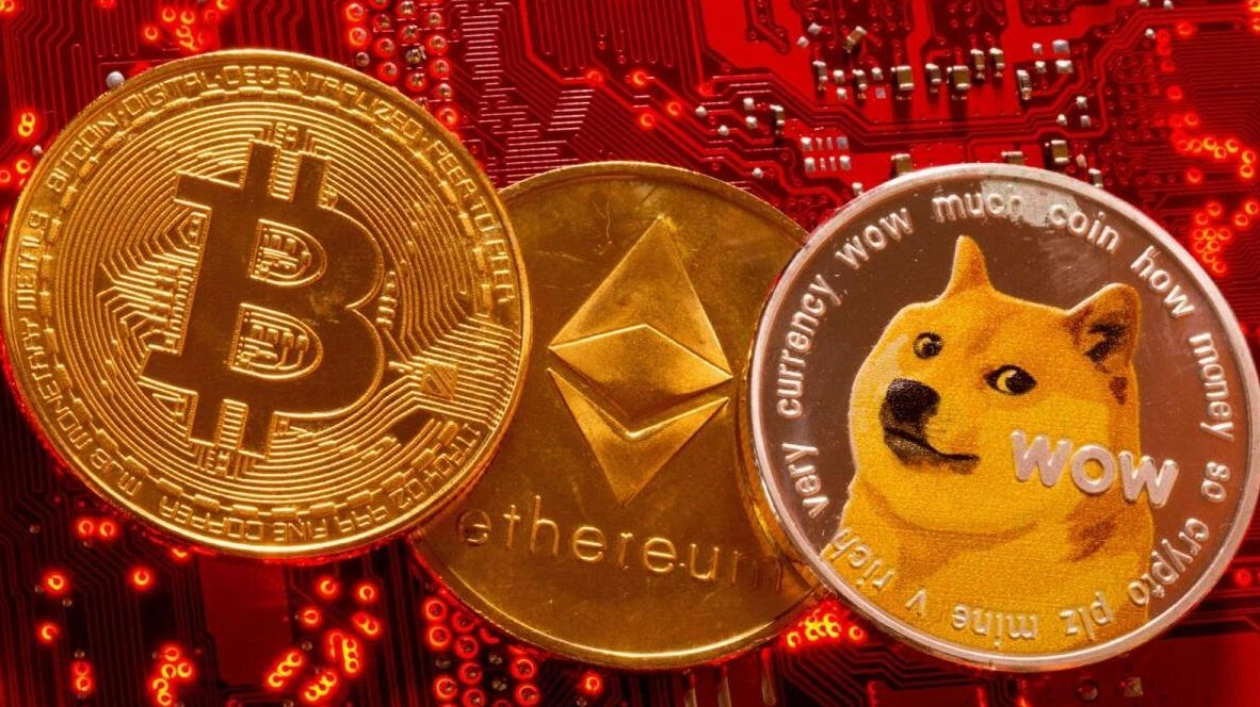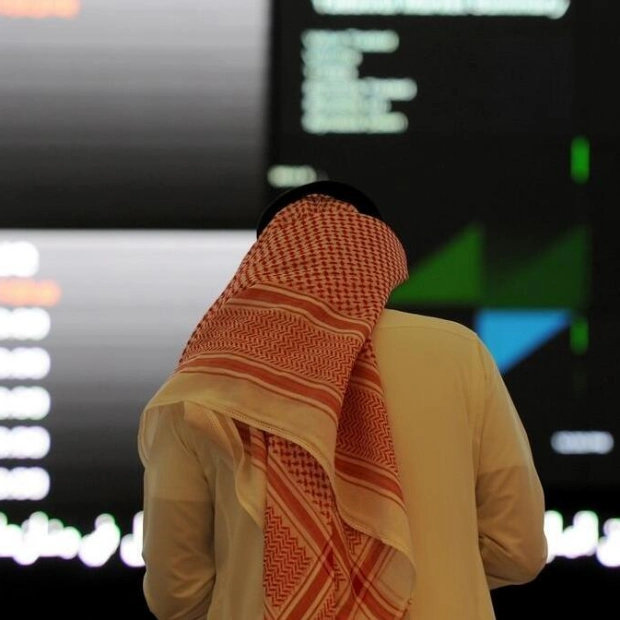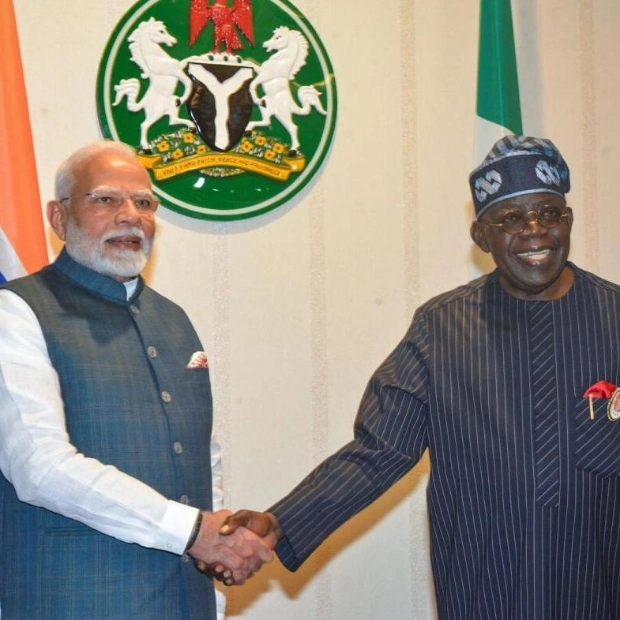In line with its duty to oversee digital payment services, the Central Bank of the UAE (CBUAE) has recently introduced a new licensing framework for stablecoins. According to Chainalysis, global purchases of stablecoins using fiat currency hit $40 billion in March 2024. Arushi Goel, Policy Lead for Middle East & Africa at Chainalysis, praised the CBUAE's proactive approach in an interview with Khaleej Times, stating that it ensures emerging trends can flourish in a secure and controlled setting. By clarifying regulations for using stablecoins as payment instruments, the CBUAE is fostering an environment that encourages business operations and the growth of the crypto ecosystem, similar to initiatives by VARA in Dubai and ADGM in Abu Dhabi.
Unlike Bitcoin and Ethereum, stablecoins are cryptocurrencies designed to maintain a stable value relative to other assets, addressing concerns about volatility. Most commonly, these stablecoins are backed by fiat currencies, such as the UAE dirham. Goel highlighted that the regulatory clarity provided by the CBUAE will likely lead to innovations by regulated entities, potentially boosting the domestic market for cryptocurrency. This could also facilitate greater participation from established financial institutions, enhancing the integration of stablecoins into payment systems.
The new regulations also open up possibilities for foreign currency tokens, requiring them to be registered to ensure financial stability and consumer protection. This approach by the CBUAE allows global players to operate in a regulated environment, while exempting low-risk payment tokens from stringent requirements. The regulatory capital requirements are also tiered based on transaction volumes, benefiting service providers.
With clear regulations in place, larger financial institutions and banks can confidently engage in the stablecoin ecosystem, promoting broader adoption. Goel emphasized that by supporting the development and use of stablecoins, the UAE is fostering financial innovation, which could lead to new financial products and services, reinforcing the UAE's leadership in the FinTech sector. Despite a fragmented regulatory landscape, the UAE offers diverse testing grounds for stablecoin solutions, which Goel believes will accelerate maturity in the crypto space.
As the regulations evolve, there will be a need for enhanced monitoring and supervisory frameworks. Goel suggested that blockchain analytics could be a valuable tool for regulators to monitor market risks and for stablecoin issuers to track their tokens' usage in secondary markets.






